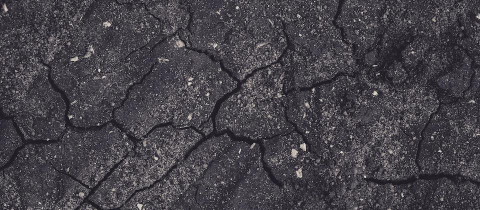Everything has a birthday. It’s the same day, about 13.77 billion years ago. Scientists claim that they are 99% certain that this is the age of our entire universe. But how could they possibly know that?
Their calculation hinges on a well-accepted and slightly terrifying theory: that the universe is constantly expanding. Imagine the Earth is like a dot on the surface of an inflating balloon. Everyday, in every direction, we get a little bit farther from everything else in existence. For decades, scientists have observed that galaxies and stars move away from us in this balloon-like manner. Using light and radiation data collected from powerful space telescopes, we can quantify just how quickly this expansion occurs.
Like a balloon, by reversing the rate at which the universe inflates, scientists can estimate how long it would take to deflate. They wind back time past the creation of Earth (4.6 billion years ago), and past the birth of the first star. All the way back to the point where everything in the universe was contained in a single dense particle, just moments before the Big Bang. The time elapsed between then and now is estimated to be the age of the universe.
There are still some observations, including some on dark matter, that do not fit perfectly into this theory of the universe and its age. And yet, most of the scientific community agrees: it’s a happy 13.77 billionth birthday to us all.







